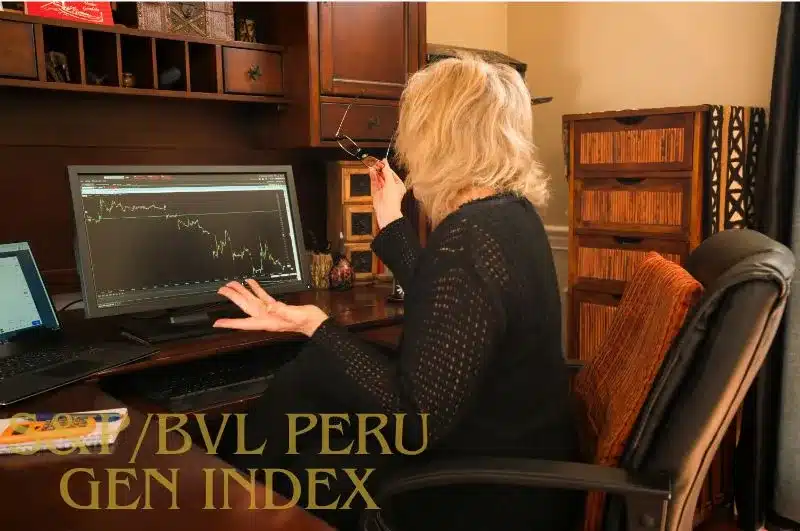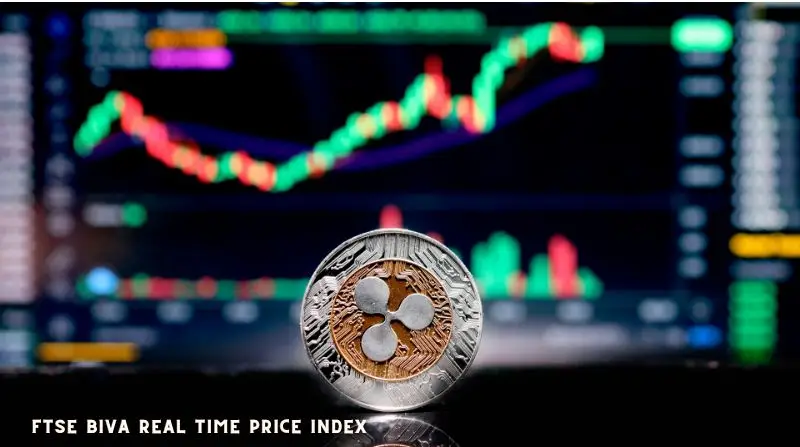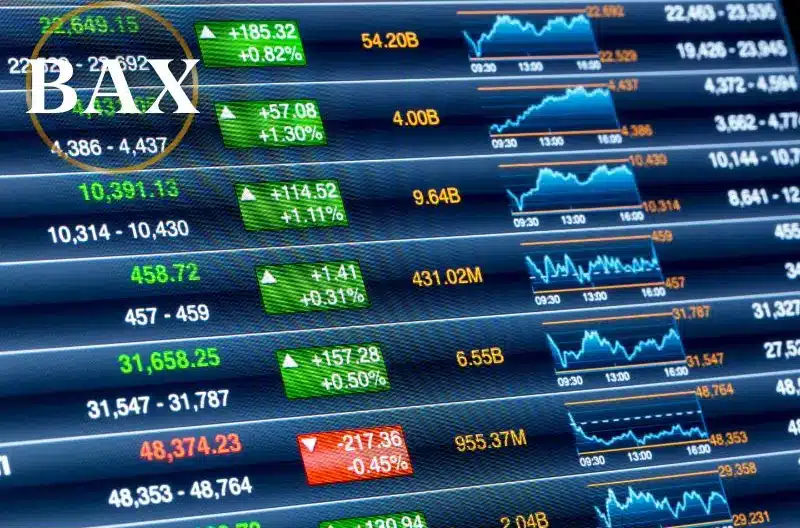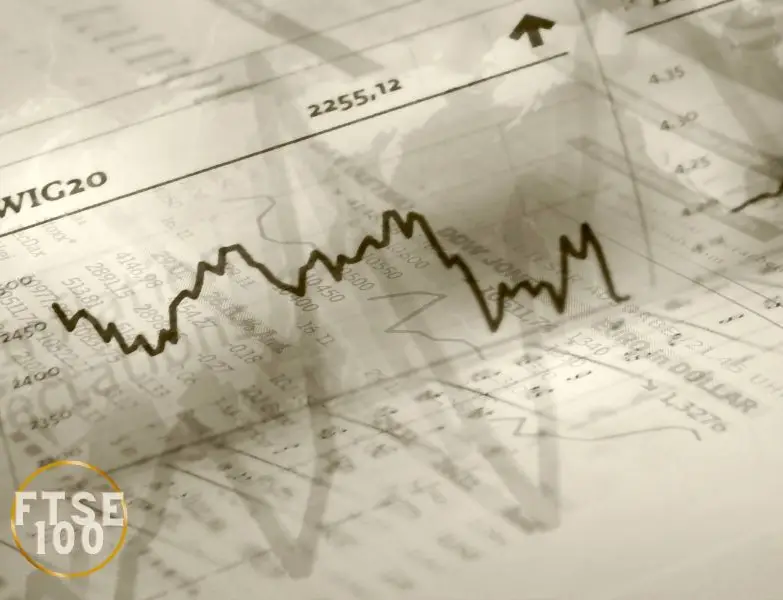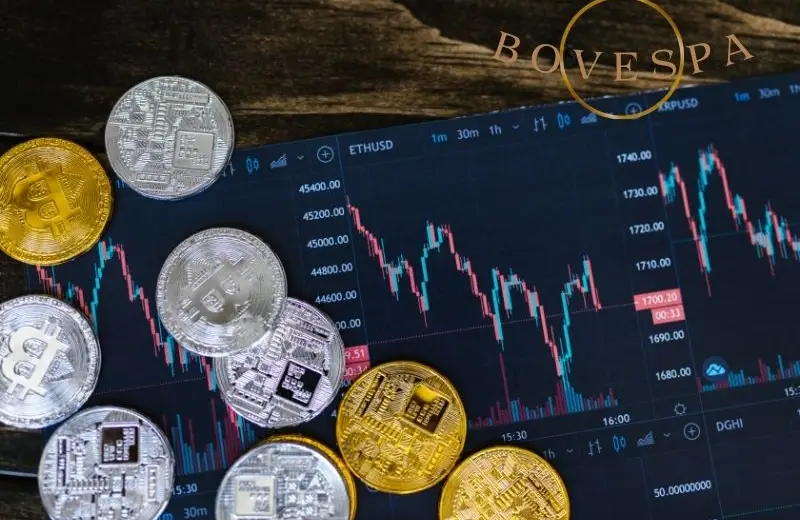Are you interested in investing in one of Africa’s fastest-growing economies? Look no further than the stock market in Tanzania. With a booming economy and a growing middle class, investing in Tanzanian stocks can offer great opportunities for growth and diversification.
The Dar es Salaam Stock Exchange (DSE) is the main stock exchange in Tanzania, where investors can trade a variety of securities including stocks, bonds, and mutual funds. The DSE All Share Index (DSEI) and the DSE Top 25 Index are two key indices that track the performance of the Tanzanian stock market, providing valuable insights for investors.
With its strategic location in East Africa and a stable political environment, Tanzania’s stock market plays a crucial role in driving economic growth and development in the region. Whether you’re a seasoned investor or looking to dip your toes into the world of investing, exploring the opportunities in Tanzania’s stock market could be a smart move for your portfolio.
How Does the Stock Market Work in Tanzania
In Tanzania, the stock market operates through the Dar es Salaam Stock Exchange (DSE), which is the only official securities exchange in the country. The DSE provides a platform for buying and selling shares of publicly listed companies.
To invest in the stock market in Tanzania, individuals must first open a brokerage account with a licensed stockbroker. They can then place buy or sell orders for shares of listed companies through their broker.
Investors can make money in the stock market by buying shares at a lower price and selling them at a higher price, thereby making a profit from the difference. They can also earn income through dividends paid out by companies to their shareholders.
Some of the major stocks that have historically generated profits on the DSE include:
- NMB Bank Plc
- Vodacom Tanzania Plc
- Crdb Bank Plc
- Diamond Trust Bank Tanzania Ltd
- Tanzania Breweries Limited
It’s important for investors to conduct thorough research on potential investment opportunities and consult with financial advisors before making any decisions in the stock market. Like any other investment, investing in stocks carries risks, so it’s crucial to diversify your portfolio and invest wisely.
What is the benefits of buying stocks in Tanzania
Investing in the stock market in Tanzania can offer several benefits for investors. Some of these benefits include:
1. Potential for high returns: Investing in stocks has the potential to generate high returns over time, especially if you invest in well-performing companies.
2. Diversification: Buying stocks allows you to diversify your investment portfolio, reducing overall risk by spreading investments across different sectors and companies.
3. Dividend income: Many companies listed on the Tanzania stock market pay out dividends to their shareholders, providing a source of passive income.
4. Liquidity: Stocks are considered liquid assets, meaning you can easily buy and sell them on the stock exchange, providing flexibility for investors.
5. Capital appreciation: As the value of a company grows, so does the value of its stock, allowing investors to potentially profit from capital appreciation.
When investing in the Tanzania stock market, it is important to keep in mind some key tips and takeaways:
1. Do thorough research: Before investing in any stock, make sure to research the company’s financials, performance history, and future prospects.
2. Stay informed: Keep yourself updated on market trends, economic indicators, and global events that could impact stock prices.
3. Practice risk management: Diversify your portfolio to spread risk and consider setting stop-loss orders to limit potential losses.
4. Invest for the long term: Stock market investments are best suited for long-term growth, so be patient and avoid making impulsive decisions based on short-term fluctuations.
Overall, investing in the Tanzania stock market can be a rewarding experience for those willing to do their homework and exercise caution while navigating the ups and downs of the market.
The main stock indices in Tanzania
Stock market indices are a measurement of the value of a specific section of the stock market. They provide investors with an overall picture of the market performance and help them make informed decisions about their investments. Some of the most important stock market indices include the S&P 500, Dow Jones Industrial Average, and NASDAQ Composite in the United States, as well as FTSE 100 in the United Kingdom and Nikkei 225 in Japan.
In Tanzania, the Dar es Salaam Stock Exchange (DSE) is the primary stock exchange where companies list their shares for trading. The DSE operates under the oversight of the Capital Markets and Securities Authority (CMSA), which regulates and supervises activities in the capital markets to ensure investor protection, market integrity, and financial stability.
The CMSA sets rules and regulations that govern the listing process, trading activities, disclosure requirements, and other aspects of stock market operations in Tanzania. It also monitors compliance with these rules by listed companies, brokers, and other market participants to maintain transparency and fairness in the market.
Investors looking to participate in the Tanzanian stock market can do so through licensed brokerage firms that are registered with the CMSA. These firms facilitate buying and selling of securities on behalf of investors and provide research and advisory services to help them make well-informed investment decisions.
Overall, stock market indices play a crucial role in tracking market trends, evaluating investment opportunities, and assessing portfolio performance. Regulated by authorities like the CMSA in Tanzania, investors can have confidence that their interests are protected while participating in the stock market.
Recap: The stock market in Tanzania
The stock market in Tanzania has shown steady growth over the past few years, with more companies listing on the Dar es Salaam Stock Exchange (DSE) and increased investor participation. This has been driven by a growing economy and increasing interest in investing in the country.
Despite some challenges such as liquidity constraints and regulatory issues, the Tanzanian stock market continues to attract both local and foreign investors looking for opportunities to diversify their portfolios. The government has also taken steps to improve transparency and governance in the market, which has helped build trust among investors.
Overall, the future looks promising for the Tanzanian stock market as it continues to develop and expand. With a strong regulatory framework in place and an increasing number of companies going public, there are plenty of opportunities for investors to benefit from the growth of this emerging market.































